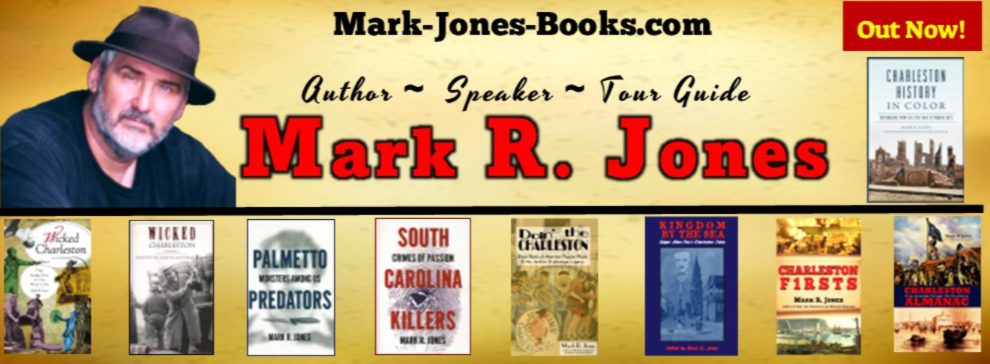1737 – Slavery
A curfew act was enacted for blacks in Charlestown. Any black that appeared on the street after sundown without a lantern and written permission from their master could be apprehended by any white and taken to the Watch house overnight. They would be whipped in the morning and their owners could claim them after paying a fine.
1773 – Culture
Josiah Quincy visited Charleston in 1773. He was was an American lawyer and patriot from Boston. He was the principal spokesman for the Sons of Liberty prior to the Revolution and was John Adams’ co-counsel during the trials of Captain Thomas Preston and the soldiers involved in the Boston Massacre.
He kept a journal of his visit in the South and recorded his impressions of Charleston. He was not impressed with the church service at St. Philips. The small number in attendance shocked his Boston-Puritan ethic. In addition he noted the minister was:
A young scarcely-bearded boy … preached and prayed as to try an affect a gay air about the service. The sermon was only seventeen and a half minutes, a solemn mockery … … few women or men stood to sing … most people freely conversed with one another during the service.
1780 – Revolutionary War
British engineers constructed a bridge over the Wappoo Cut as preparations of their siege of Charlestown.

